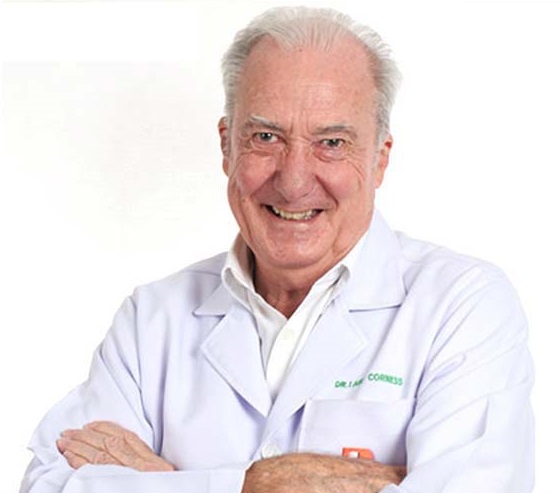

We all get headaches. Every one of us has at some time taken an aspirin or a paracetamol tablet. Some of us also know why we get a headache. For the committed alcohol drinker, headaches can be a morning affair that goes away as the day drags on, so they are then headache free to go down the pub by that evening to do it all again.
So when does a headache become “pathological”?
The following tale is true and relates to the illness experienced by a doctor (yes, even doctors do get sick). At the end of a busy year, this doctor, a GP, began to feel very tired. In his 50s he put this down to long and heavy working hours. He continued working, feeling that some family worries were making the tiredness worse and when these were resolved he would be right again.
The next symptom he noticed was that he began waking at 2 a.m. and had a vague headache at that time. After going back to sleep he awoke later with no headache. At this stage, and after a couple of months of recurrent headaches, his wife intervened and arranged for him to see a specialist physician. I can imagine the family arguments that would have occurred with that decision. We medicos do tend to ignore not only ourselves, but also spouses “medical” recommendations entirely.
The specialist did a few blood tests and nothing showed up abnormal. I can almost hear the doctor saying “I told you so.” The diagnosis of “stress” was made, but appointment for a repeat visit in one month was made. In the intervening period the doctor had a dream that he had a form of brain tumor, and if unchecked could be life threatening.
However, at that next visit everything was again normal, but this time the specialist followed up on the early morning headaches as they were getting worse and the doctor had noticed that even a small amount of beer made them worse. Consequently a CAT scan was arranged. That showed a brain tumor around the size of a golf ball! This was operated upon and followed by radiotherapy and the doctor was alive and well nine years later. The headaches finished and the tiredness likewise.
So what is the moral of this tale? Well, the first is to never ignore symptoms which continue over a long period of time, or symptoms that become progressively worse. The second is that when a doctor says he can find nothing abnormal, that just means that the things he tested for were normal. As in this doctor’s case, it took a couple of visits to get the treating physician on the right track. The third is to listen to your body – it will tell you what organ is in trouble if you listen to it carefully, and finally, careful explanation of your symptoms is paramount as the cornerstone of correct diagnosis.
I would add to those, tell your doctor the symptoms, not the diagnosis. Let the doctor make the diagnosis.
And finally, Dr. Google can be wrong – and often is.
Of course with “vague” symptoms such as headaches and tiredness, it certainly produces a diagnostic nightmare for the attending physician and repeat consultations may be necessary, as it was in this doctor’s case. If you are suffering from any persistent symptoms, do not ignore them but do consult a specialist in the appropriate field – and do not be afraid to return if needs be.






